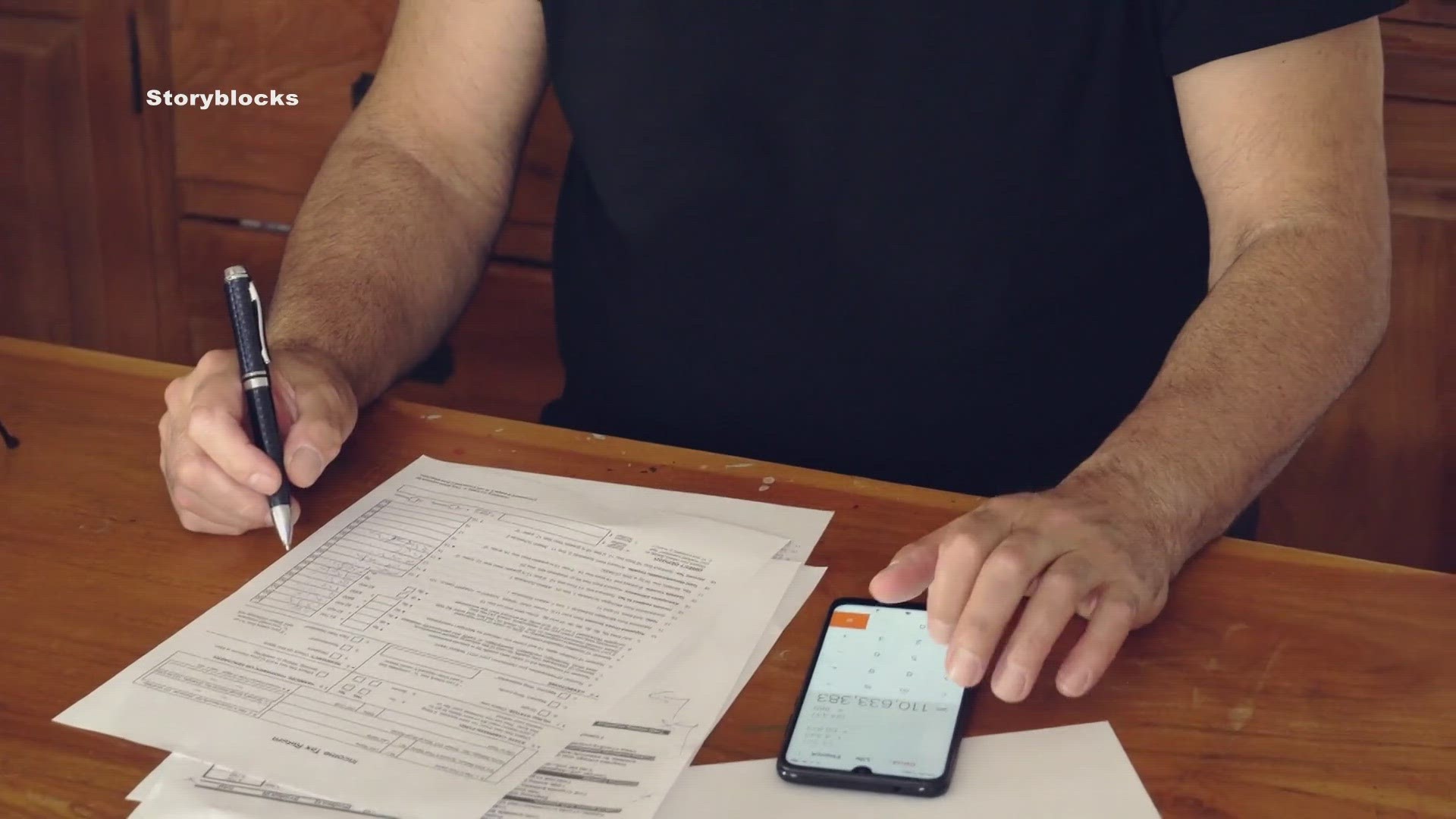TEMPLE, Texas — Tax season is here!
Many people are doing their own taxes, and others have someone that they trust. Many will use a seasonal preparer. That might work well, but if you hear from the IRS, you might be on your own when it comes to defending that return.
Certified Financial Advisor Neil Vannoy gave 6 News some tips for this tax season.
"Be sure to do your research if you're looking for a tax preparer," said Vannoy. "You can check a CPA's history through the Texas State Board of Public Accountancy (www.tsbpa.state.tx.us) and an enrolled agent's history through the IRS Office of Enrollment (www.irs.gov). You can also contact your local Better Business Bureau to see if there are any complaints against a tax preparer you're considering."
Once you choose that tax preparer, make sure that they will protect you and won't be taking advantage of you.
"Make sure that you're working with a preparer that charges a flat fee, by the hour, or by a similar method," Vannoy told 6 News. "You want to stay away from preparers that charge a percentage of the refund or make wild claims about how large of a refund they can get you."
Remember, the preparer only knows what you tell them about your work situation from the previous year. The responsibility still falls to the taxpayer.
"You're still responsible for the accuracy of the information on your tax return even if you pay someone to prepare it for you, so make sure you review it and get answers to any questions you have before you sign it," said Vannoy. "And never sign a blank return."
We are now in calendar year 2024, but that doesn't mean that you can't still get yourself some tax deductions for 2023!
"If you're looking for a tax deduction, there's still time to contribute to a traditional IRA," Vannoy said. "Keep in mind that tax deductibility will depend on things like your filing status, whether you have a retirement plan at work and your income level. To claim the deduction for 2023, you need to make the deposit by April 15 and designate it as a 'prior-year contribution' when you send in the money. The 2023 contribution limits for IRAs are $6,500, or $7,500 if you were 50 or older in 2023."
Remember, if you are getting a big refund, it's your own money coming back to you!
"It's exciting to see that you're getting a refund, but it's important to keep in mind where this money comes from," Vannoy told 6 News. "Most refunds come from money that has been taken from your paychecks throughout the year, so a refund means you gave ‘Uncle Sam’ an interest-free loan. Instead of planning on a refund at tax time, consider adjusting your withholding so you get to keep more of your paycheck during the year."
Filing an extension will give you additional time to file your taxes, but not to pay them. Any money you owe should be paid by the tax-filing deadline, which is April 15, or you could owe substantial penalties and interest. You might want to send in an estimated tax payment if you're filing an extension to avoid any surprises.
More Money Talks from 6 News:

